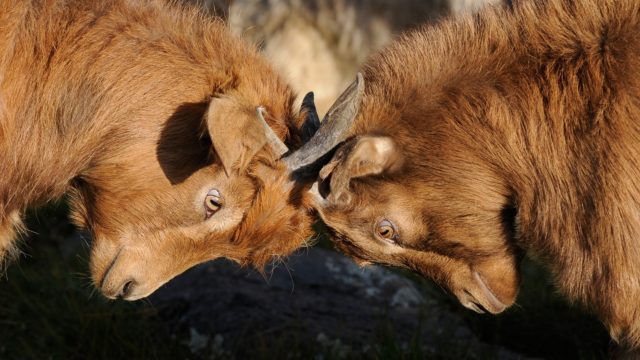Summary of:
Rahal, R-M., & van Beest, I. (2020). Conflict and competition. Manuscript submitted for publication. In R. A. R. Gurung (Ed.), Research encyclopedia of psychology in the real world Routledge. https://doi.org/10.31234/osf.io/ykj42
Background & Theory
This article offers a review of the unique factors that contribute to both conflict and competition, and how competition might cause conflict. The authors not only provide an overview of this topic, but look at in-depth research and explain what we might learn from better understanding this.
Research Questions
Rahal and van Beest, in “Conflict and competition” (2020), seek to address the following questions:
-
- What are the factors and situations that might create competition and/or conflict?
- What can we learn from this?
Methods
The authors delved into existing research that focused on competition and conflict, and explored multiple areas of focus, such as:
- Conceptualizations of conflict
- Conflict in dyadic decision settings (including abstracted perspectives and individual preferences)
- Conflict in group decision settings (evaluating empirical evidence, theoretical perspectives, and cognitive processes)
- Conflict of individuals within their groups
- Coalitions
In each category, the authors reviewed critical research as it pertained to the topic at hand, social theories and models, a representative formula to better understand the factors, why conflict might occur in those situations, how it impacted both the individual and the group, what it meant in the larger scheme of conflict and peacebuilding, and what important takeaways there are.
Results
The authors started this research on the premise that conflict in social situations often arises due to competing interests/desires/goals, and this was certainly true of the situations they evaluated. One of the more interesting finds discussed is how both individuals and groups might all respond very differently to the same kind of conflict at hand; while some in conflict might cooperate, some might act selfishly, and some might go as far as to harm the “other.” It can be deduced that where there is any chance of competition, there is an opportunity for conflict. Additionally, conflict may at times have positive outcomes opposed to negative outcomes, it just depends on the unique situation, the players involved, and the resources and goals at hand. The authors discuss the unique situations and potential outcomes for each of the conflict categories mentioned above; to read a review of each, see the full article.
What This Means
- Competition is natural, though very often results in conflict. Having a better understanding of what the situations that warrant competition and conflict are, what typically happens, and what the potential outcomes are can help one prepare to mediate those conflicts.
- All of us have different ways of reacting in the face of conflict, and this leaves any conflict unpredictable. Knowing ourselves and those around us can both help prevent and resolve conflict easier.
Final Takeaway
For consultants: Understanding how competition drives conflict is very critical, since this underlies many conflicts that occur in social situations. Knowing your clients in these situations is very helpful in figuring out how to resolve the conflict at hand that best benefits everyone.
For everyone: Knowing yourself and those around you can help you understand your expectations, and thus help avoid or resolve conflict. Conflict is unavoidable in life, but understanding how to work through it and being open to working through it is invaluable.




